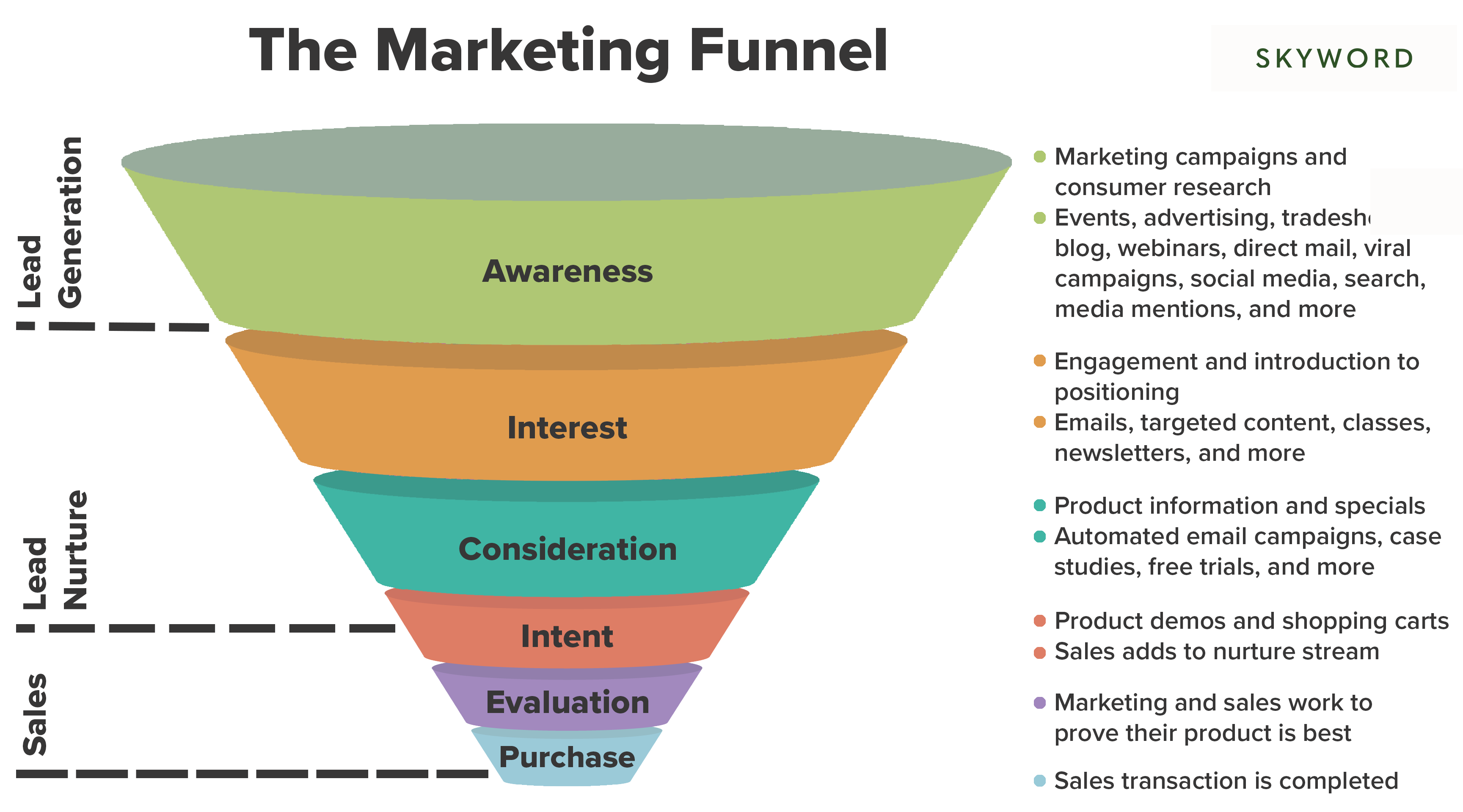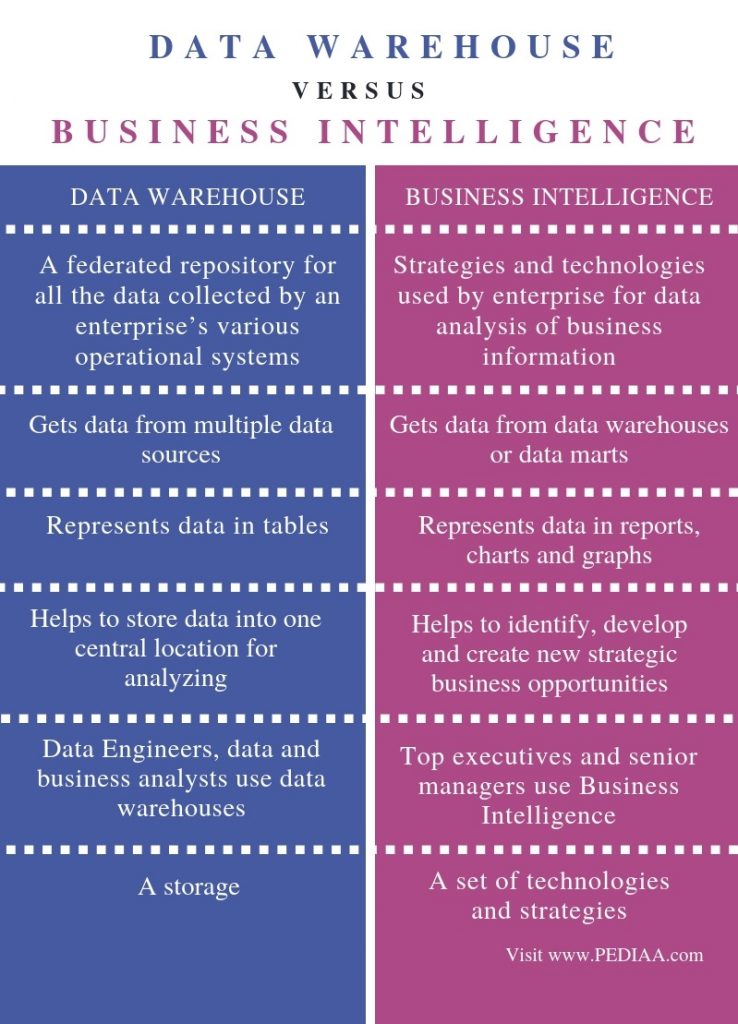
Your past interactions with customers can reveal a lot-both good and bad. Just think-if our car salesman set a goal of reaching $10 million in sales this year, he’s probably going to stay far, far away from those broke college kids. Determining what specifically you want to achieve will help you alter your strategies when it comes to your customers. Or, maybe you just want to shift your focus, change your business model, and reach a totally different audience. Perhaps you’ve been on the receiving end of a lot of customer complaints. Maybe you’ve noticed that your customer retention rate is really low-people are buying once, but not returning. Once you’ve looked at your business through your customer’s eyes and identified who is currently buying from you, it’s time to determine what your goals are.Īre you happy with this current type of customer and, more importantly, are they happy with you? Or, do you feel that you’re not appropriately targeting the people who would value your business the most? For example, you’ve been working with a lot of startup founders, but would like to form partnerships with more enterprise-level companies.Īs mentioned above, your current clients or customers may not be your ideal ones. It’s not enough to determine who you want to benefit most-you need to identify who is actually finding value in your offerings right now. Who actually benefits the most from your product or service? When it comes to this question, you need to be honest with yourself. What problems do you solve for them or what challenges do you address? Why should people buy from you instead of your competitors? What sets you apart? Get out a notepad and pen and jot down exactly what you offer to your customers. Instead, you need to have deep knowledge of your business from your customer’s point of view. That doesn’t just mean knowing the ins and outs of your financials or being able to recite your website copy in your sleep. Step One: Know Your Product or Serviceįirst thing’s first, you need to have a solid understanding of your business. Now that you know what exactly defines an ideal customer, it’s time to get to work and reach them! How? Here are the steps you need to take. They’re someone who sees tons of value in your product or service, but will also help push your business in the direction you want to go. In a perfect world, your ideal customer will marry both of these aspects. Your existing customers may not necessarily be your ideal ones.

Perhaps you’ve been mainly reaching creative freelancers, but you’d rather shift your focus and work with more agency founders.

But, it’s also defined as someone you most want to target with your marketing and promotions based on your current business situation. So, yes, your ideal client is someone who benefits from your product or service. Instead, he’ll focus his time and energy on high-income professionals-likely in their 30s to 50s-who want a car that’s a status symbol. So, he’s probably not going to spend a lot of time with that college graduate who’s looking for a $2,000 beater. However, this salesman specializes in top-of-the-line, luxury vehicles. Using the simple definition, the salesman’s ideal customer would be anyone who has even remote interest in buying a car. Let’s take the example of a car salesman. Makes sense, right? But, most companies niche it down even further than that in order to develop a true, comprehensive understanding of their customer. From defining what exactly an ideal customer is to actionable tips you can use to discover your own, this post is sure to have you narrowing your focus and refining your strategies. It’s for this very reason that it’s so important to identify your ideal customer-and that’s exactly what we’re talking about here. Others? They simply won’t see the point or value in what you’re offering. There are certain people who will absolutely love your product or service and rave about it until the cows come home. Our choices are motivated by our personal thoughts and preferences. It’s hard to think of something, isn’t it? People are different-we all like, want, and need different things.

Chocolate? As strange as it might seem, not everybody loves it. Puppies? Some people are afraid of or allergic to dogs. What came to mind? Vacations? Well, time off actually stresses some people out more than it relaxes them.

Take a minute to think of something that you know absolutely everybody likes.


 0 kommentar(er)
0 kommentar(er)
